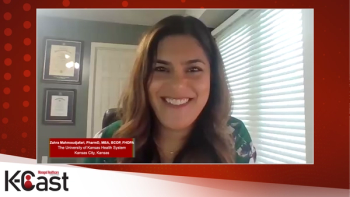
Breyzani Approved For CLL/SLL and FDA Advisory Committee Votes in Favor of Abecma for MM
Last week, BMS announced that the FDA Oncologic Drugs Advisory Committee (ODAC) has voted in favor of BMS’s and 2seventy bio's Abecma (idecabtagene vicleucel) for patients with relapsed or refractory multiple myeloma in earlier lines of therapy.
Last week was an eventful one for Bristol Myers Squibb. On Thursday, BMS
On Friday, March 15, BMS
Breyzani approved for CLL/SLL
CLL and SLL are B-cell malignancies that are commonly treated with targeted therapies, but patients may experience relapse or become refractory.
Breyanzi has shown promising results in phase 1-2 TRANSCEND CLL 004 clinical trials, demonstrating high response rates and durable remissions in patients with CLL or SLL. The latest approval may offer new hope for patients who haven’t responded to
FDA Advisory Committee Votes in Favor of Abecma for MM
The FDA's ODAC has voted in favor of BMS’ and
Patients with triple-class-exposed multiple myeloma have been treated with at least one immunomodulatory agent, a proteasome inhibitor and an anti-CD38 antibody. There is currently no standard treatment for these patients, and new therapies are in high demand.
The favorable vote was based on promising findings from the phase 3 KarMMa-3 study, including the key secondary endpoint of overall survival. Abecma, if approved, will offer a new treatment option for patients with triple-class exposed multiple myeloma in earlier lines of therapy, addressing an unmet need.
Newsletter
Get the latest industry news, event updates, and more from Managed healthcare Executive.





















